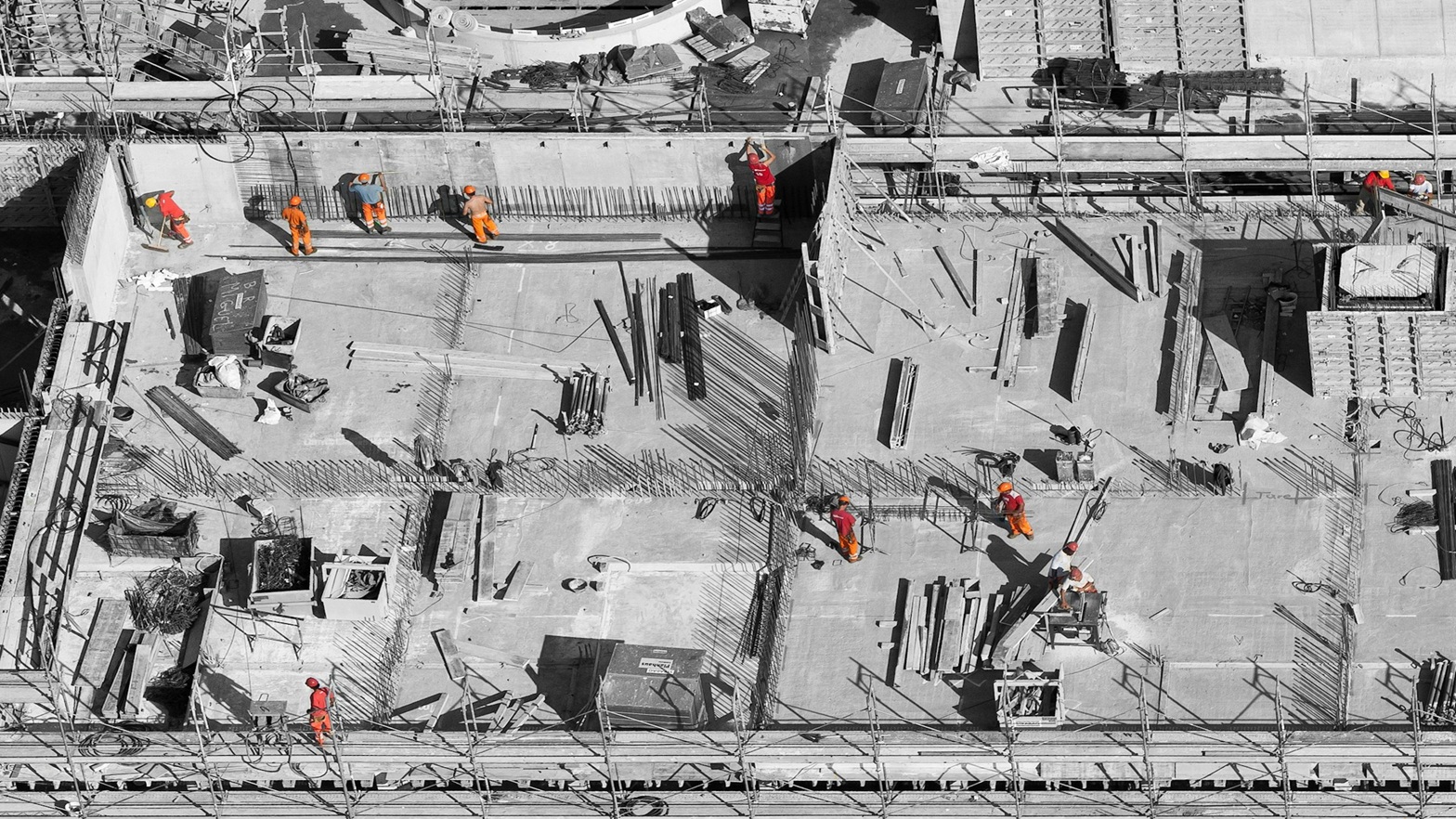
Whilst other industries have for many years focused on professional growth as a motivating factor for staff, as well as a means of ensuring that their skills remain relevant in today’s technological society, this has not been such a key focus in the construction space. With the skills shortage remaining a key issue for many companies, the industry is now embracing ongoing professional development, as Staff Writer Hannah Stevenson explores.
In the construction industry, traditionally many roles have been considered either unskilled or, for those where training is required, it is undertaken only once, and is then considered to be valid, subject to experience, for the remainder of an individual’s career. With changes to the market, however, there is now an increased focus on professional development in the construction market which I believe will only benefit both the market as a whole and the individuals working within it.
Recently, in response to the news that the number of people unemployed in the UK rose by 20,000 in August-October alongside the rise in employment by 79,000, S.M. Lodha, an Indian Industrialist with interests in Iron & Steel, and Chairman of Western Thermal Group commented:
“The Office for National Statistics report revealed that the unemployment figure in the UK increased, up by 20,000 to 1.38 million 1.36m from May-July, reflecting a fall in the inactivity rate. However, there was a corresponding rise in employment by 79,000 in the past three months up to October to 32.4 million. This growth is despite the ongoing political uncertainty relating to Brexit.
“One of the most important factors to consider in relation to the employment rate in the UK are the migrant workers in which many industries rely on. While today’s statistics show the current strength of the UK’s job market, the outcome of the Brexit deal potentially highlighting new ‘skills based’ standards for employment, could have a significant impact on the skilled workforce, supported by the current certification that construction site trades are classified as low-skilled jobs. This must be a consideration if the UK is to remain a strong place to invest and an opportunity to grow businesses.”
These comments highlight the issue of construction work, and how the industry’s skills are often devalued. However, over recent years this has changed, and now the employment market is changing, with many companies recognising the importance of construction workers and the need to keep their skills up-to-date.
Many companies across the industry are now seeking to enhance their offering to benefit those in the space and help them continue to grow their skillset. For example, the London College of Garden Design (LCGD) has recently launched a larger range of short garden design courses for 2019 than ever before reflecting the growing need for continuing professional development training from the garden design profession and concern about future design and business needs.
This development, and many others in the industry, may herald the start of a new era for personal development in the construction industry: one which, in light of Brexit and the skills shortage, will be welcome to construction workers and businesses alike.




























